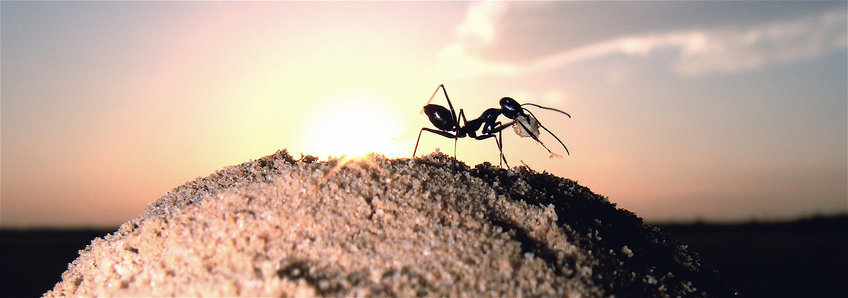2023-05-31 マックス・プランク研究所
◆この研究は、子供たちと大型類人猿の好奇心を比較し、子供たちはより冒険心があり、リスクを冒すことに抵抗が少ない可能性が示唆されます。ただし、大型類人猿も報酬の情報を学ぶとすぐに行動を変えました。
<関連情報>
- https://www.mpg.de/20388599/0531-evan-curious-children-less-curious-apes-150495-x
- https://journals.plos.org/plosone/article?id=10.1371/journal.pone.0285946
比較の好奇心: 類人猿と子どもは不確実性にどう対処するのか? Comparative curiosity: How do great apes and children deal with uncertainty?
Alejandro Sánchez-Amaro ,Federico Rossano
PLOS ONE Published: May 31, 2023
DOI:https://doi.org/10.1371/journal.pone.0285946
Abstract
Humans are perhaps the most curious animals on earth, but to what extent our innate motivations for discovering new information are shared with our closest relatives remain poorly understood. To shed light on this question, we presented great apes with two experimental paradigms in which they had to initially choose between an empty opaque cup and a baited opaque cup with rewards invisible to the ape in study 1, or to choose between a transparent cup with rewards or a baited opaque cup with rewards invisible to the ape in studies 2 and 3. We also presented young children with scenarios comparable to the second paradigm (studies 4 and 5). Notably, after the initial choice phase, we presented participants with potential alternatives providing better rewards than the previously secured options. Importantly, those alternatives shared some features with the uncertain options, giving subjects the possibility to relate both options through analogical reasoning. We found that most great apes were not curious about the uncertain options. They only explored those options after they were presented with the alternatives. Children, instead, explored the uncertain options before the alternatives were presented, showing a higher degree of curiosity than the great apes. We argue that differences between children and apes mostly lay in motivational dispositions to explore the unknown.


